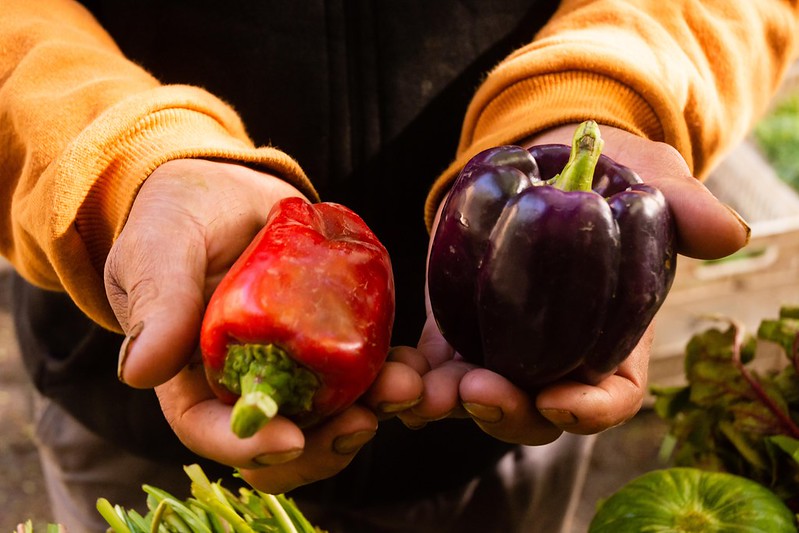
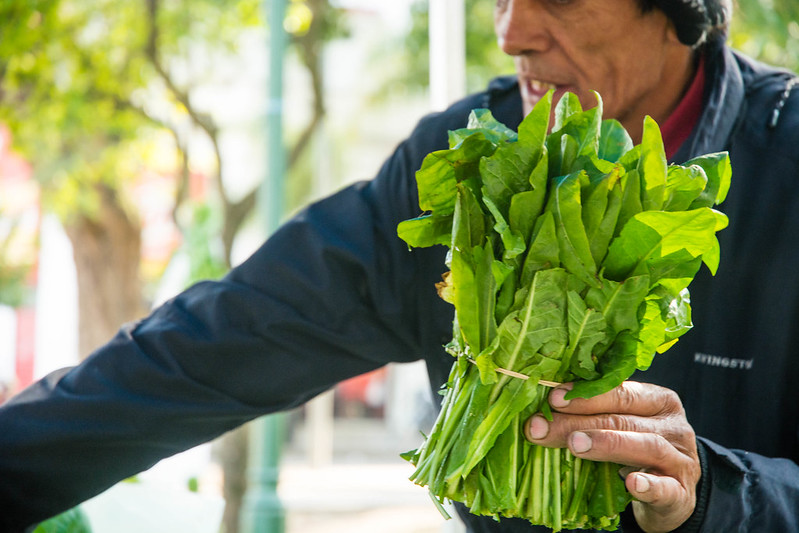
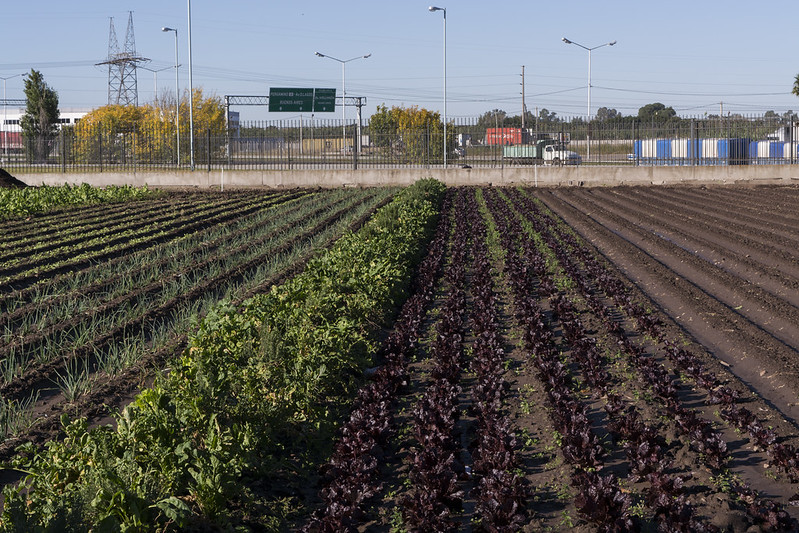
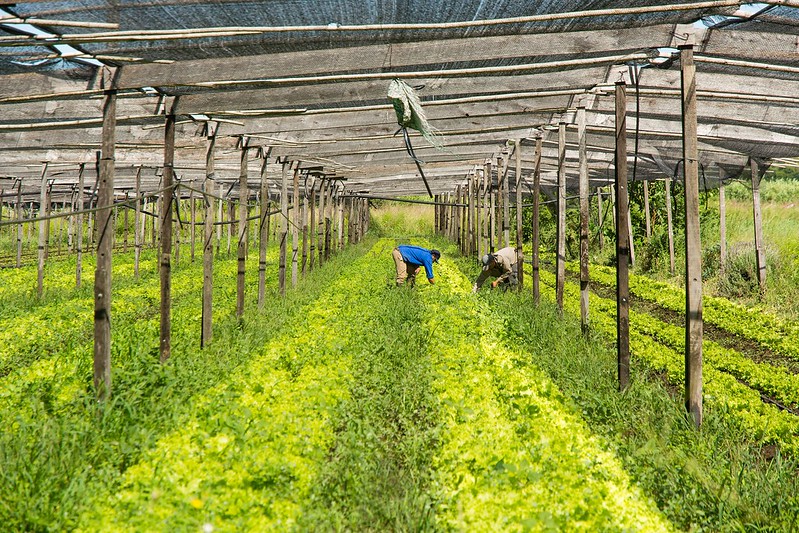
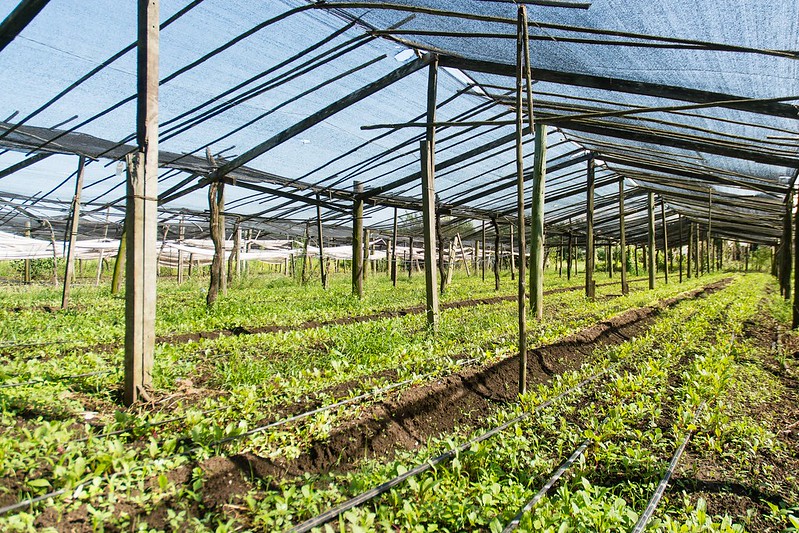
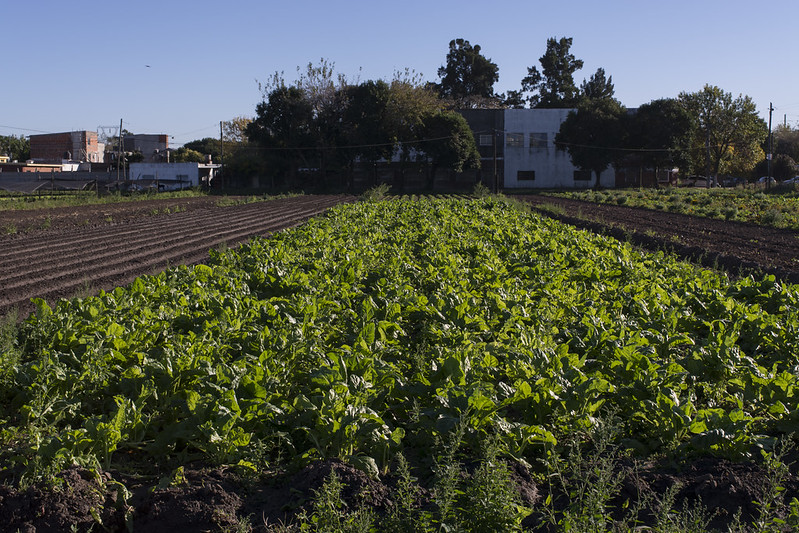
Rosario’s Climate-Smart Food Revolution
Farming a Sustainable Peri-Urban Future
Status
City description
Rosario, Argentina’s third-largest city (1.3M approx.), leads on urban sustainability, leveraging its fertile peri-urban belt for food security and biodiversity. Economically it’s a major agro-export and soy-processing hub via the Paraná River ports, with strong logistics, metalworking/auto manufacturing, and growing tech/creative services—known for its riverfront culture and football heritage.
Challenge
Rosario faced the steady loss of its peri-urban horticultural land to real estate and industrial farming, weakening food security and ecosystem resilience. Many small-scale producers, often migrants, lacked land tenure and support, while the city struggled with degraded soils, flooding, and food insecurity. Climate-related losses, limited infrastructure, and poor market access further weakened the viability of local food production.
Solution
Under the Urban Agriculture Program, the city implemented legal protections for food-producing areas (APPA), launched the Green Belt Project to promote agroecology, and offered technical support and infrastructure investment. It developed new governance mechanisms, integrated climate action with food strategy, and expanded markets through short supply chains. Producers received assistance for land access, training, certification, and climate adaptation, enabling systemic transformation from extractive to regenerative food systems.
Key Impacts
1328 hectares
under production in 2024, including over 90 hectares agroecological
66 peri-urban producers
supported in 2024; 180 urban gardeners and 300+ families involved
10+ regular markets
, 2 agroecological stores, and 1 wholesale point of sale
276% higher water infiltration
in agroecological soils than conventional farms
Awards
Rosario’s Sustainable Food Production Programme has received national and international acclaim for its innovative and inclusive approach to urban food systems and climate action:
- Winner of the 2021 WRI Ross Center Prize for Cities – Selected for demonstrating how food production can be a driver of social equity, economic recovery, and climate resilience.
- Recognized by the Milan Urban Food Policy Pact (2022) – Highlighted as a leading example in the category of Sustainable Food Production for Resilient Cities.
- Featured by the FAO and ICLEI in global dialogues on agroecology and urban food systems.
- Participant in the Nexus international cooperation project, alongside cities like London, Brussels, and Riga, for its leadership in integrating agroecology with urban planning and climate strategies.
- Cited in multiple academic journals and urban policy reports as a pioneering model of peri-urban land use and participatory governance in Latin America.
These recognitions reflect Rosario’s role as a reference city for sustainable urban development and reinforce the replicability of its food systems approach.


Comments ()